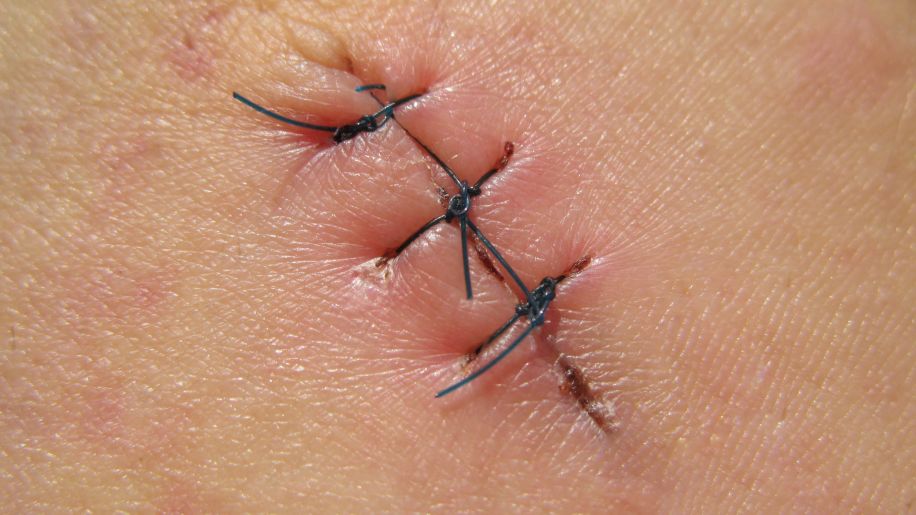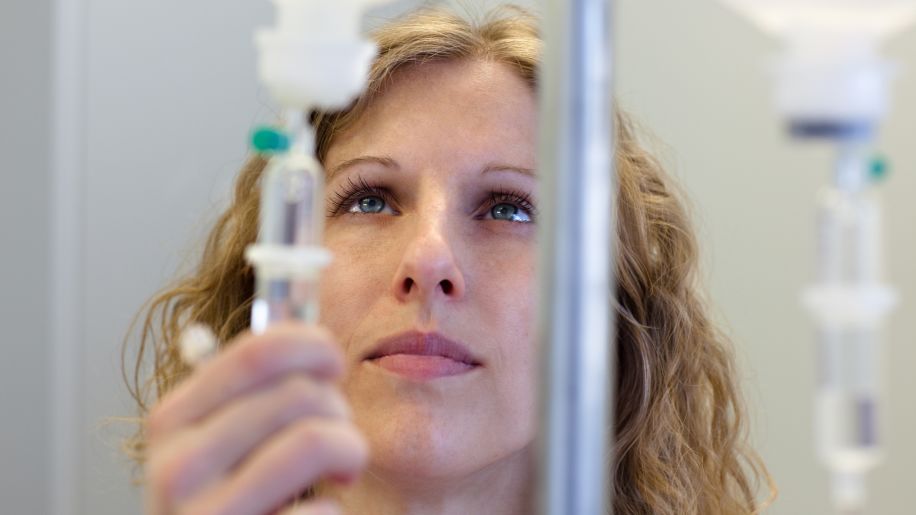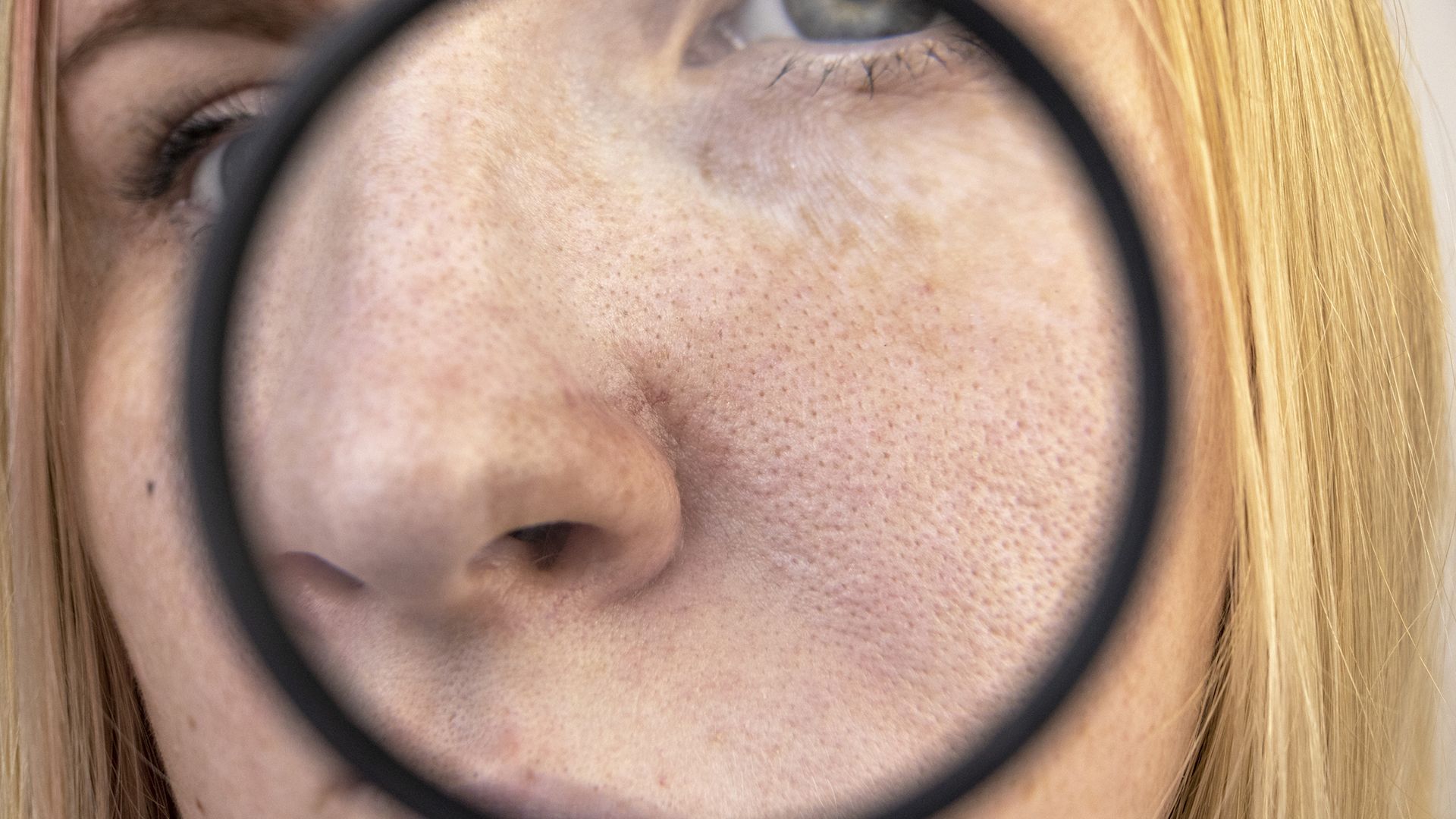What really works to fight skin cancer
Learn about the treatment options for skin cancer.

If you or a loved one has been diagnosed with skin cancer, either recently or in the past, one of your biggest questions is probably, "What are the treatment options?"
The good news: In recent years, scientists have developed new therapies that are helping people fight skin cancer and live longer.
Your treatment plan often depends on your cancer's stage and location. Options can range from minor surgery for early cancers to targeted therapies and immunotherapies for more advanced skin cancer.
Here's a quick review of treatment options you can discuss with your doctor.

Surgery
Removing skin cancer with surgery is often the first step, and for people with early-stage skin cancers, it may be the only treatment needed. This involves getting rid of the cancer and a small amount of normal tissue around it. The procedure can usually be done in a dermatologist's office using local anesthesia. Mohs surgery, in which the cancer is removed layer by layer in thin slices, may be used in certain situations.
After removing the skin cancer, your doctor may recommend a sentinel lymph node biopsy. This checks if the cancer has spread to nearby lymph nodes. If the test is positive, the affected lymph nodes will likely be removed with surgery.

Targeted therapy
When skin cancer has spread and can't be removed with surgery, targeted therapy may be the next step in certain cases. Because of the way these drugs home in on genetic changes in cancer cells, they differ from chemotherapy treatments, which attack any dividing cells, even healthy ones. But targeted therapies work only if your cancer cells have certain genetic characteristics. You can be tested to see whether these medications may work for you.
Targeted therapy drugs come mostly in pill form, depending on what kind you take. Side effects may include rash, nausea and sun sensitivity, but your reaction will depend on your prescription.

Immunotherapy
This type of treatment uses medications that work with your immune system to help detect and attack cancer cells. Immunotherapy is used to address many types of cancer, and is administered through injections, infusions and creams, depending on which treatment you need. Experts believe that the future of therapy for advanced skin cancer will likely combine targeted therapy and immunotherapy.

Other treatments
Some people may also need chemotherapy or radiation therapy. Although chemotherapy can destroy cancer cells, it may not work as well as immunotherapy or targeted therapy for treating skin cancer, so it's often recommended when other treatments don't work.
Radiation uses high-energy waves, like X-rays, to destroy cancer cells. It's sometimes used if surgery is not a viable option for certain patients. It may also be given to treat skin cancer that has returned after surgery or to help relieve symptoms in cases where cancer has spread.
If you've been diagnosed with skin cancer, it's important to understand all of your treatment options. Be sure to work closely with your healthcare providers to treat your skin cancer and to help prevent or delay recurrence.
This slideshow was updated on July 16, 2018.
Featured Content

article

article


video

article


video
